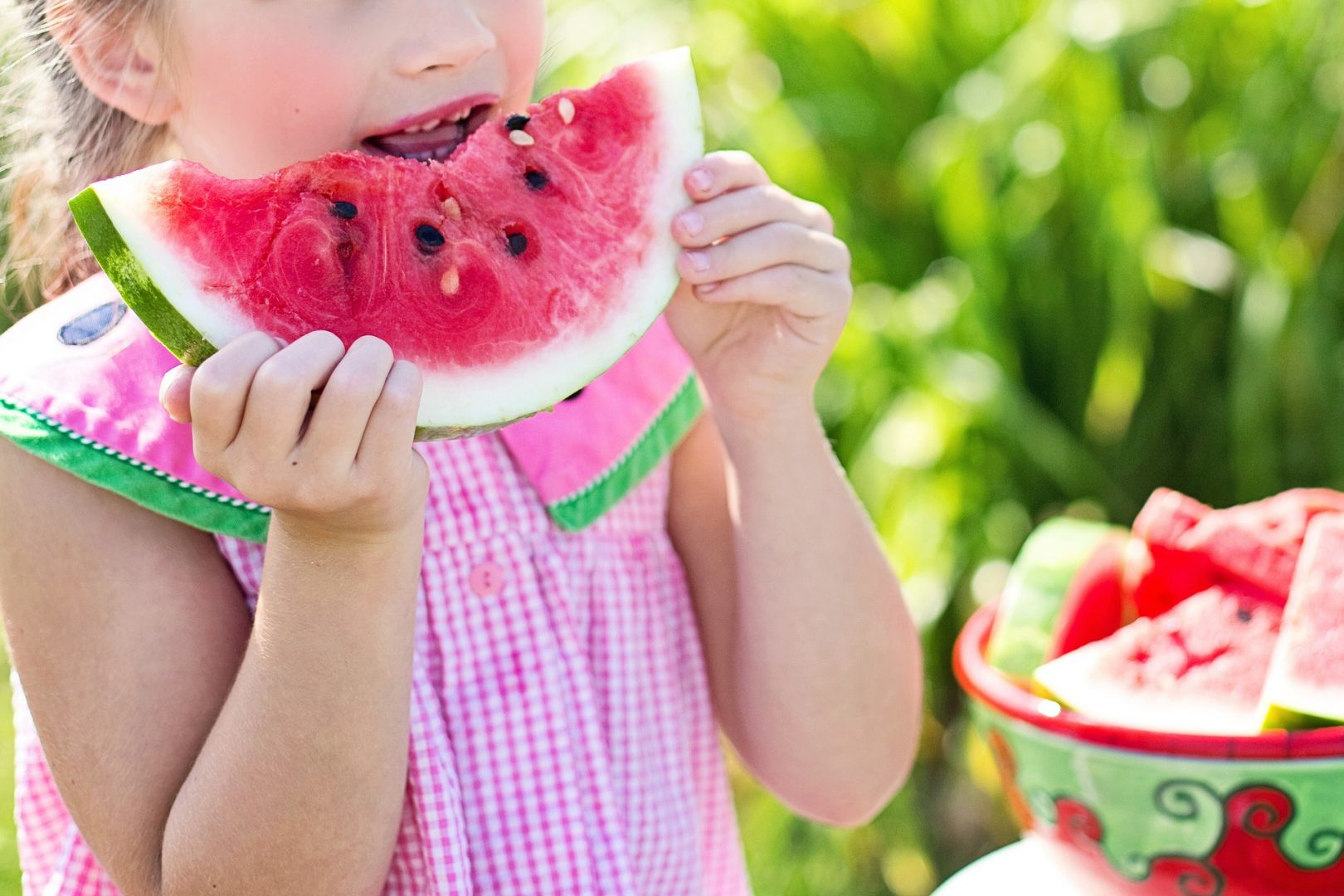Junk food tastes delicious, but it does not provide the essential nutrients that are required for your children’s brain development and growth. Informed food choices can help to boost your child’s intelligence. By feeding their growing brains as well as their rumbling tummies you are setting them up for a successful future, not just the day ahead.
These 10 brain foods that have proven results in improving brain development and function making your children smarter.
1. Eggs
One of the most affordable and nutritious brain food options are eggs. Eggs are easy to cook, they are highly versatile and they are packed with essential nutrients like iron, vitamin B12, iodine, zinc, and omega-3 fatty acids. All of these nutrients are essential for improving children’s brain function and memory.
2. Greek yoghurt
Fat is vital for better brain functioning. There is no better source of natural, dairy and healthy fat than Greek yoghurt. A serving of full-fat Greek yoghurt does not only have the essential amount of fat, it also has more protein than normal yoghurt that is essential for improving mental function. It also has the vital B complex vitamins that are important for children’s brain cell development and growth.
3. Oats
Oats are a smart breakfast option. Full of protein and fibre, they provide the perfect fuel for the day. They are also rich in zinc, vitamin E and B-complex. Oatmeal helps in keeping the heart and brain in good condition. It has proven results that children who consume oatmeal for breakfast perform better in school as compared to the children who have had sugary cereal for breakfast.
4. Whole Grains
If your child suffers from low energy, whole grains can help your child stay active and alert throughout the day. Whole grains are high in glucose energy and a low glycemic index that helps in staying energetic and attentive. Whole grains also contain folate, which an essential nutrient that helps in improving children’s brain functioning. Simple switches such as using more brown pasta and rice, and incorporating quinoa and bran into the diet help hugely to aid your child in getting more whole grains in.
5. Dark Chocolate
Milk chocolate is good for an energy boost. It might taste more pleasant, and your children might prefer it over dark chocolate; however, dark chocolate contains flavonoids – an essential brain-boosting chemical. This chemical helps in improving blood flow to the brain, helping kids in both brain performance and memory functions. A dark chocolate reward after a hard revision session, anyone?
6. Fish
Rich in omega-3 fatty acids, fish should be an essential part of your weekly meal plan. Nutrient-rich fish like salmon, mackerel, and tuna should be consumed at least once a week because they are essential for your child’s brain development and growing mental skills.
7. Nuts and seeds
May it be almonds, peanuts, walnuts, sunflower seeds, or merely any other nuts and seeds – They are all packed with essential vitamins, minerals, fatty acids, and proteins. They are brain-friendly-foods that help in brain and memory development. If nuts and seeds alone are too unappetising, seeded wholemeal bread may be a better option.
8. Greens
Your kids might not love greens, but they are crucial for improving their neurological functions. Leafy greens are packed with essential vitamins and folate which are all highly important for new brain cell growth. Plus, they are easy to hide in more familiar and appetising foods, making them much more likely to be eaten.
9. Fruits
Fruits are packed with essential vitamins, minerals, and antioxidants that have proven brain cell and memory improvement effects. Apples, plums, and different berries should be an essential part of your children’s daily diet.
10. Water
Water is vital for brain hydration. All the foods mentioned earlier are essential, but keeping the body and brain hydrated is necessary for not only your child’s brain growth and development but also for improving memory and brain functioning. Water boosts performance and can even work to perk your child up if they are feeling a little sluggish. As a guideline, a glass of water with each meal should help to ensure that both you and your children are staying hydrated enough to be performing at your very best.




